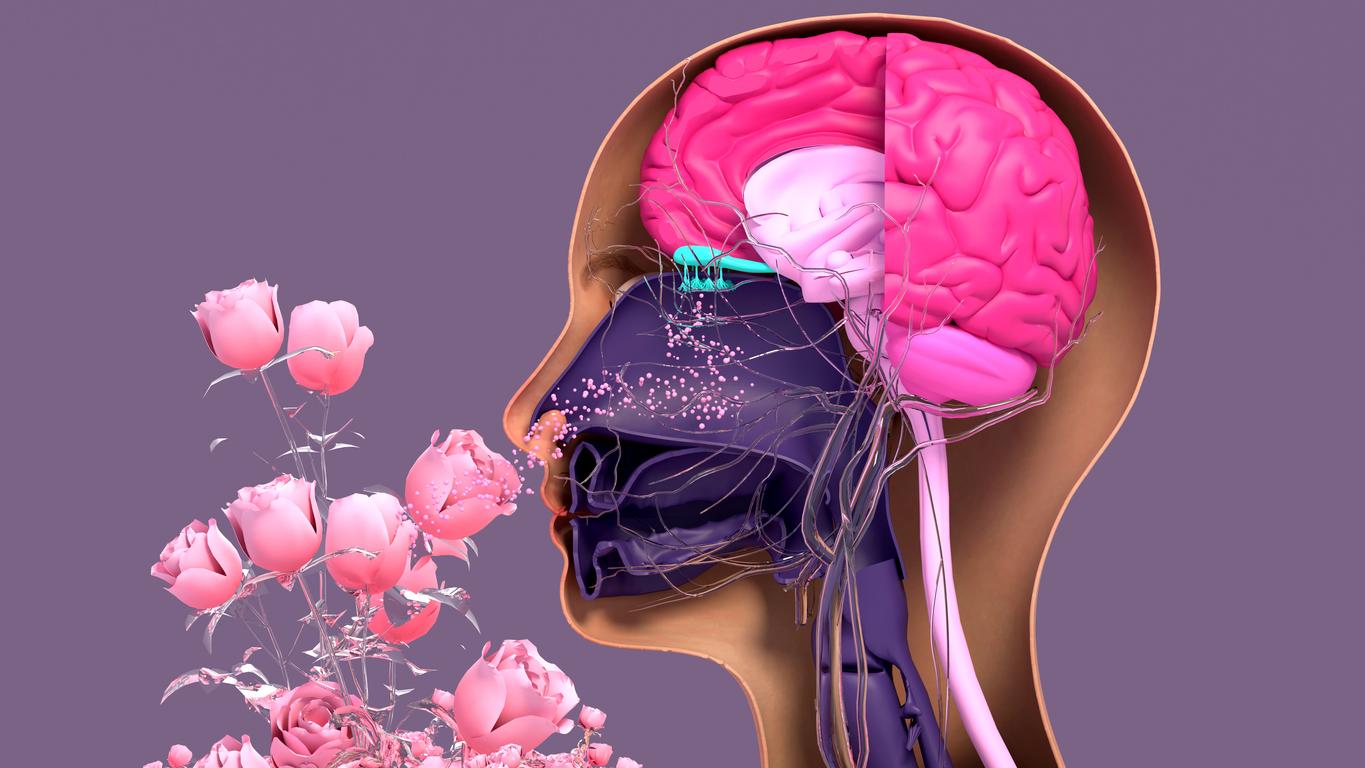Teaching students to practice mindfulness can contribute to their well-being.

- Of the 24 interventions identified in 41 studies, three were shown to be effective: Learning to BREATHE, the Mindfulness in School Project and mindfulness-based stress reduction (MBSR).
- These interventions include awareness of breathing, bodily sensations, mental states and regulation of one’s own emotions.
- Mindfulness training is linked to clearer thinking, greater resilience and less stress in children.
Sitting meditation, slow walking… “Mindfulness-based interventions are increasingly being used in schools to improve students’ mental, emotional, and behavioral development. Specifically, they teach children to be mindful in the present moment and nonjudgmental. While many programs exist, it’s unclear which ones are effective for specific age groups.” That’s what researchers from the Maryland-based research organization Westat wrote in a study published in the journal Psychiatric Services.
School: Three mindfulness interventions have a high level of evidence rating
In this research, the team used established assessment criteria to describe the level of evidence for mindfulness interventions in schools. To carry out their work, they reviewed 41 cohorts published between 2008 and 2022. All studies included at least two components of mindfulness, for example, a combination of breathing awareness and awareness of body sensations. The authors classified mindfulness interventions as having a high, moderate or low level of evidence based on the number and rigor of studies showing positive results.
Of the 24 interventions identified by the authors, three had strong evidence of effectiveness: Learning to BREATHE, Mindfulness in School Project, and mindfulness-based stress reduction (MBSR). These included awareness of breathing, bodily sensations, mental states, and regulation of one’s own emotions. “Three other interventions – the Gaia program, MindUP and a program combining MBSR and mindfulness-based cognitive therapy – were rated as moderate in level of evidence.” Thus, these interventions, generally promoting kindness, empathy, compassion or gratitude, were considered somewhat useful for primary school children.
Mindfulness interventions reduce student stress
Overall, the results showed that mindfulness training was associated with a number of positive outcomes, including clearer thinking, greater resilience, and less stress. The interventions led to significant gains in emotional awareness and clarity, as well as decreases in self-hostility, depressive symptoms, avoidance, and rumination. These positive results suggest that more schools should incorporate mindfulness interventions into their curricula, the scientists said.



















